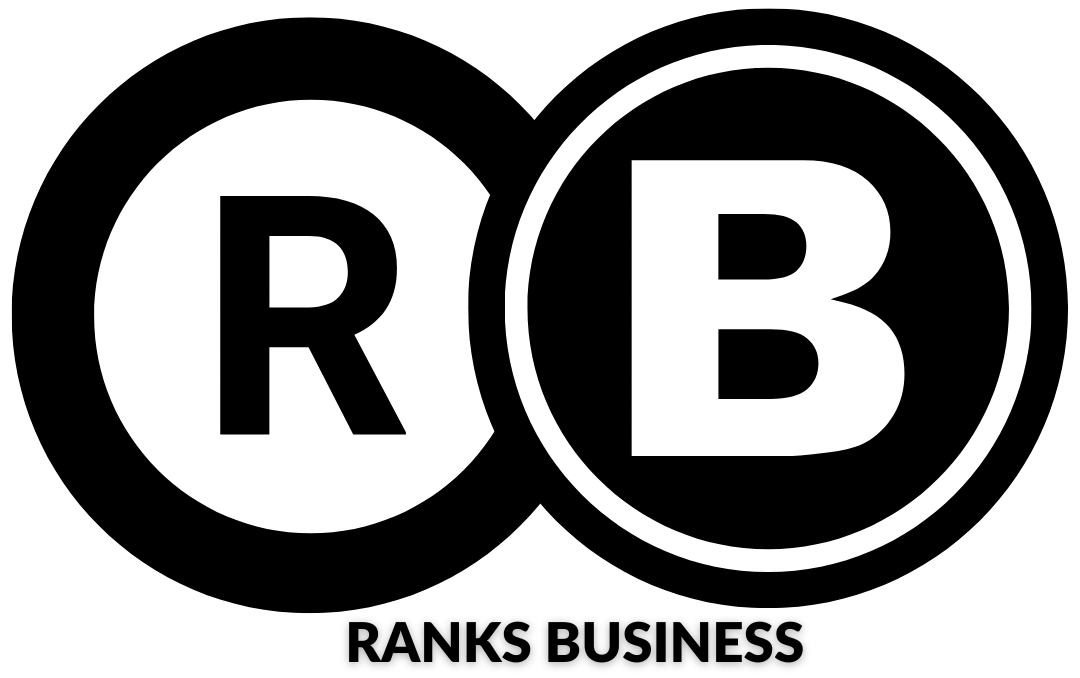Customers of First Bank of Nigeria will be unable to carry out international transactions with their naira-denominated cards from Friday, September 30, 2022. The bank informed its customers of the development in an email seen by Techpoint Africa.
Part of the email reads thus:
“Due to current market realities on foreign exchange, you will no longer be able to use the Naira Mastercard, Naira Credit Card, our Virtual card and Visa Prepaid Naira card for international transactions. This will take effect on 30 September 2022.”
Consequently, customers have been encouraged to use the bank’s Visa Debit Multicurrency card, Visa Prepaid (USD) card, and Visa Gold Credit card for international transactions up to $10,000.
A simple way to differentiate between naira and dollar cards is that the former is denominated in naira and the latter in dollars. For example, if you wanted to pay for a Logitech Gaming headset from Amazon using your naira card, the dollar equivalent would be deducted from your naira account based on the exchange rate at the time of purchase.
However, if you used a dollar card, the exchange rate at the time of purchase would not be factored in because you would have had the dollar in your account at the time. However, you may have to buy dollars to fund your domiciliary account from forex agents or other sources.
First Bank’s decision to halt transactions on its naira cards is the latest in Nigeria’s ongoing struggles with forex scarcity. Several financial institutions in the country have reviewed their forex policies as they battle the unavailability of foreign exchange.
In recent months, some Nigerian banks have reduced the amount customers can spend on international transactions done using their naira card to $20. United Bank for Africa (UBA) kicked things off in February 2022 when it informed customers that its international transaction limit was dropping to $20. Subsequently, Zenith Bank, Guaranty Trust Bank, Sterling Bank, and Union Bank followed suit.
Requests for personal travel allowance (PTA) and business travel allowance (BTA) have also suffered as some banks have reduced the frequency with which users can access these funds.

